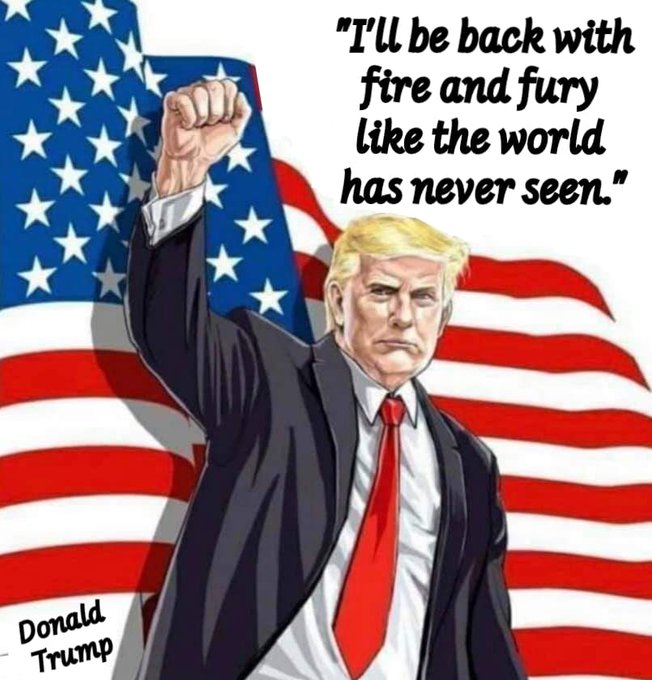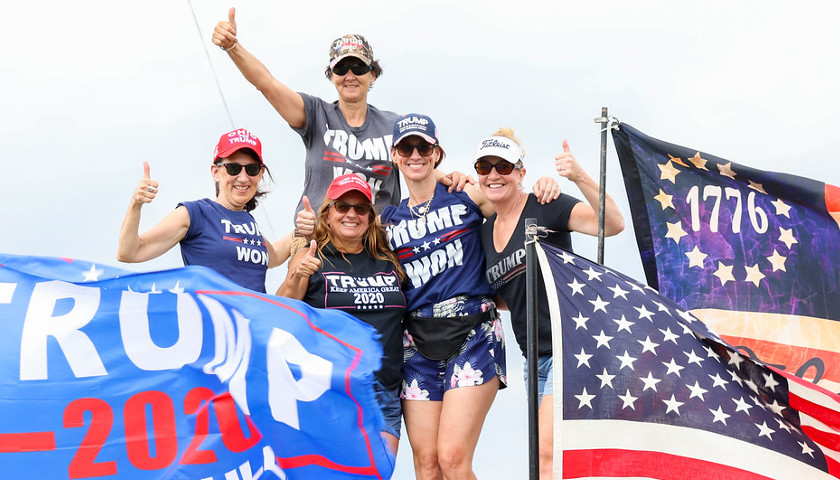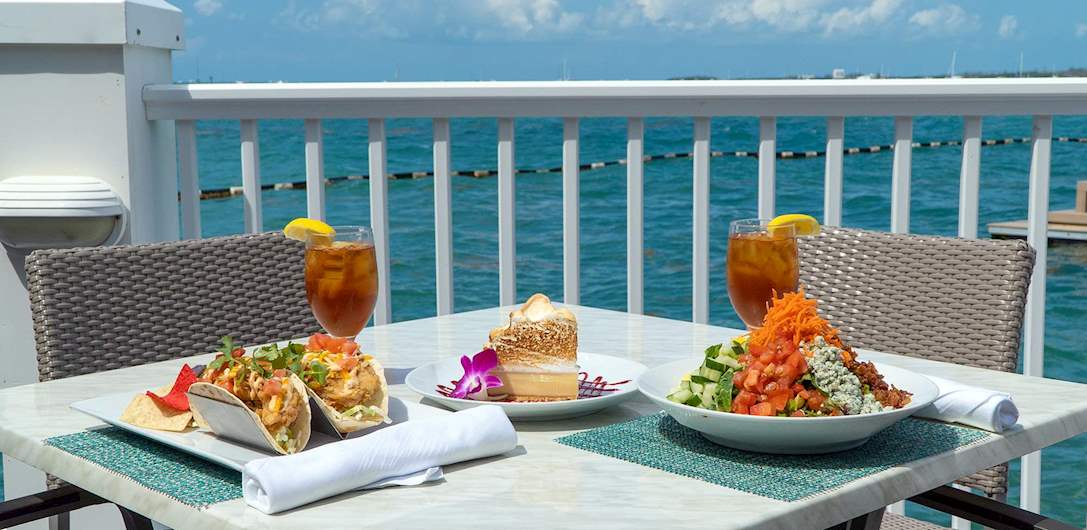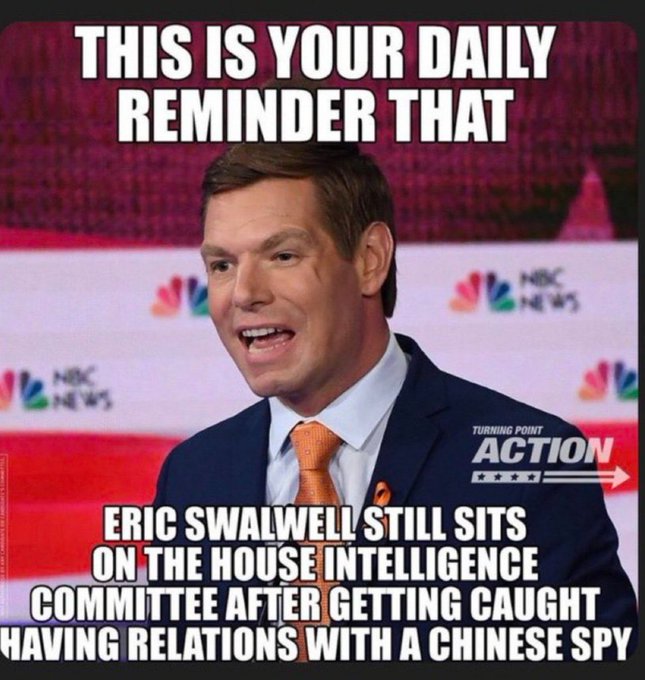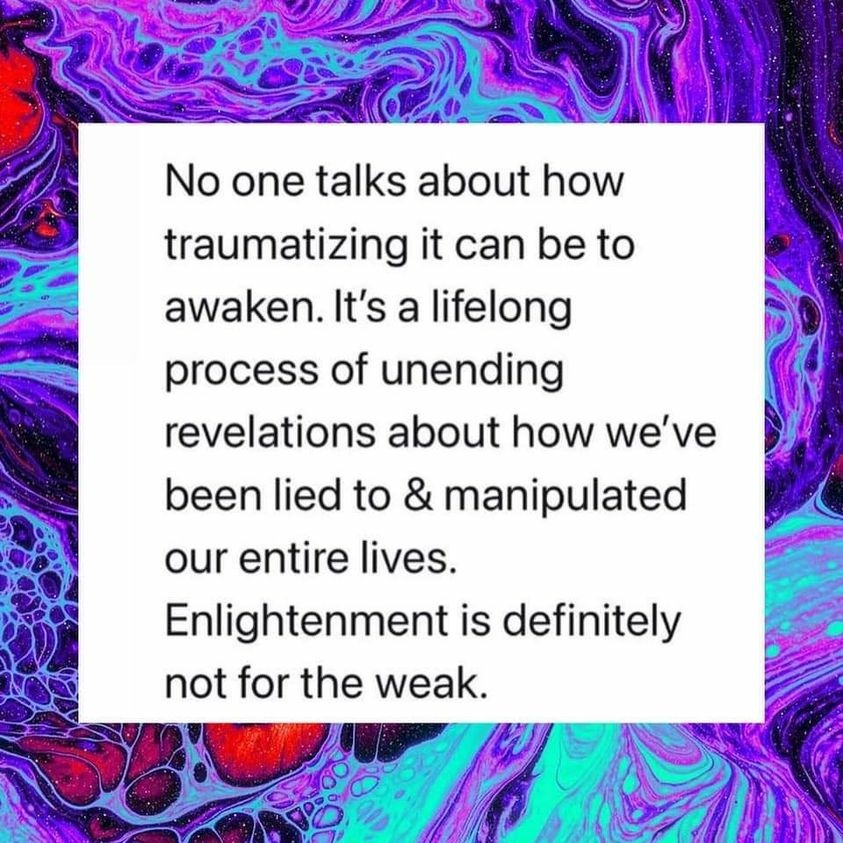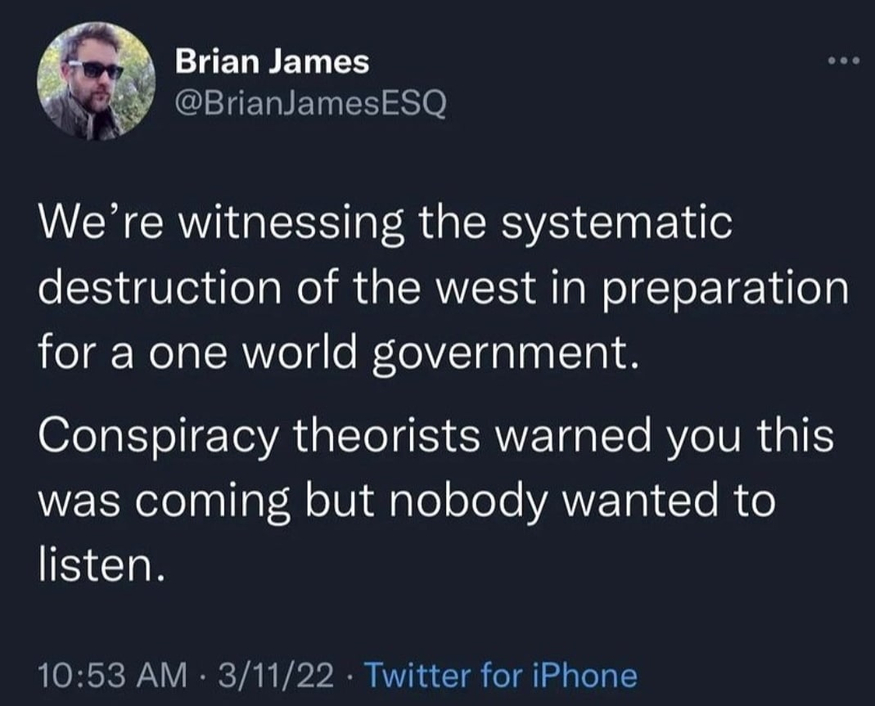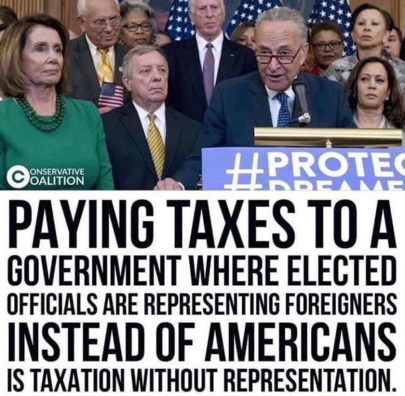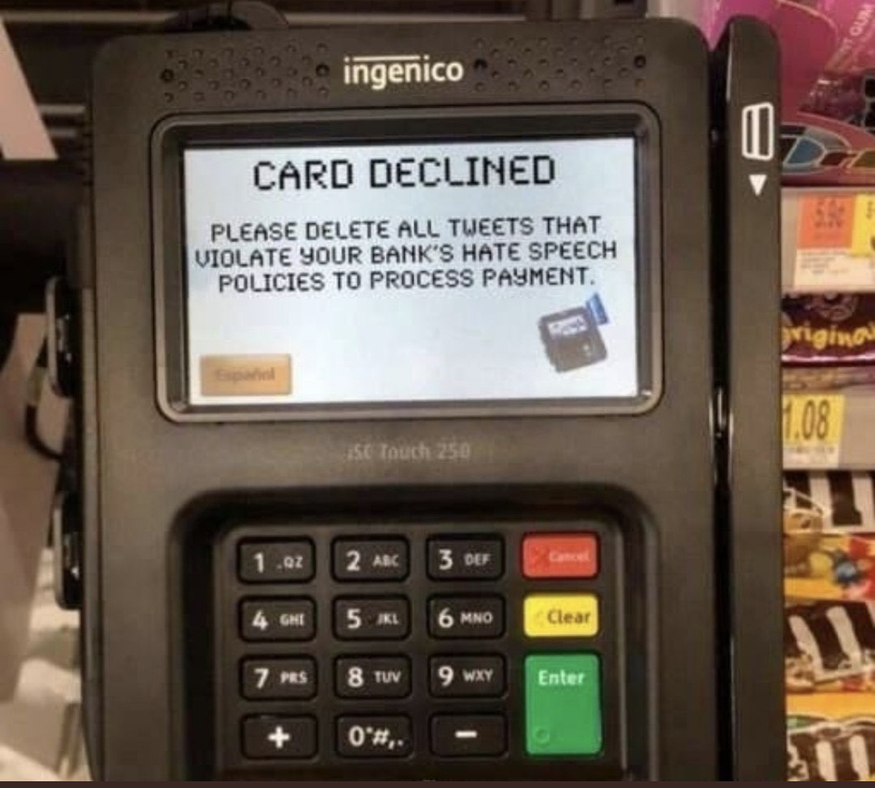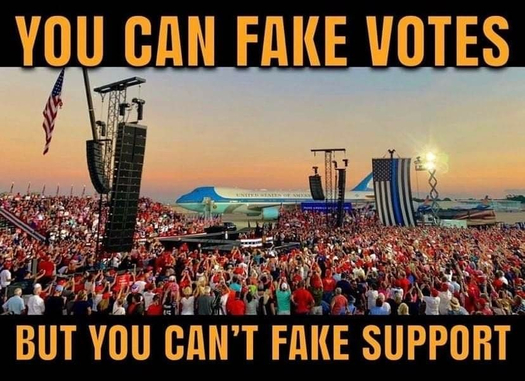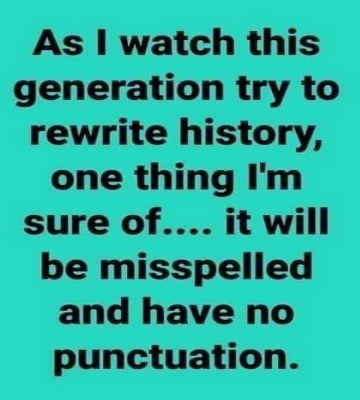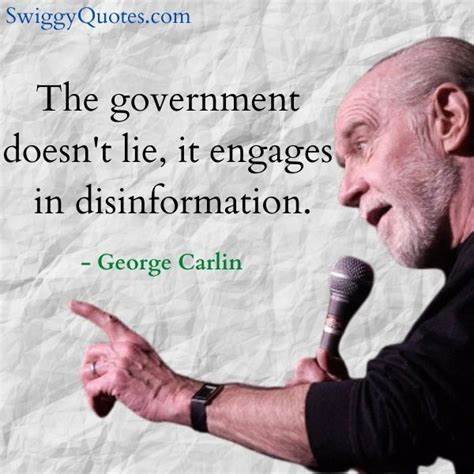About Wilmington:
History
The city was founded in the 1730s, and after going through a series of different names (New Carthage, New London, Newton), its name became Wilmington in 1740,[21] named after Spencer Compton, 1st Earl of Wilmington.[21]
The area along the river had been inhabited by various successive cultures of indigenous peoples for thousands of years. At the time of European encounter, historic Native Americans were members of tribes belonging to the Eastern Siouan family.[22]
The ethnic European and African history of Wilmington spans more than two and a half centuries. In the early 16th century, Italian explorer Giovanni da Verrazzano commissioned by the king of France with a French crew was reportedly the first European to see this area, including the city’s present site. The first permanent colonial settlement in the area was established in the 1720s by European settlers.[22] In September 1732, a community was founded on land owned by John Watson on the Cape Fear River, at the confluence of its northwest and northeast branches.[23] The settlement, founded by the first royal governor, George Burrington, was called “New Carthage,” and then “New Liverpool;” it gradually took on the name “New Town” or “Newton”.[24] Governor Gabriel Johnston soon after established his government there for the North Carolina colony. In 1739 or 1740, the town was incorporated with a new name, Wilmington, in honor of Spencer Compton, Earl of Wilmington.[25]
Some early settlers of Wilmington came from the Albemarle and Pamlico regions, as well as from the colonies of Virginia and South Carolina, but most new settlers migrated from the Northern colonies, the West Indies, and Northern Europe.[26] Many of the early settlers were indentured servants from Northern Europe. As the indentured servants gained their freedom and fewer could be persuaded to travel to North America because of improving conditions back home, the settlers imported an increasing number of slaves to satisfy the labor demand.[24] By 1767, African slaves accounted for more than 62% of the population of the Lower Cape Fear region.[27] Many worked in the port as laborers, and some in ship-related trades.
Naval stores and lumber fueled the region’s economy, both before and after the American Revolution. During the Revolutionary War, the British maintained a garrison at Fort Johnston near Wilmington.[28]
Due to Wilmington’s commercial importance as a major port, it had a critical role in opposition to the British in the years leading up to the Revolution. The city had outspoken political leaders who influenced and led the resistance movement in North Carolina. The foremost of these was Wilmington resident Cornelius Harnett, who served in the General Assembly at the time, where he rallied opposition to the Sugar Act in 1764. When the British Parliament passed the Stamp Act the following year, designed to raise revenue for the Crown with a kind of tax on shipping, Wilmington was the site of an elaborate demonstration against it.[29]
On October 19, 1765, several hundred townspeople gathered in protest of the new law, burned an effigy of one town resident who favored the act, and toasted to “Liberty, Property, and No Stamp Duty.” On October 31, another crowd gathered in a symbolic funeral of “Liberty”. But before the effigy was buried, Liberty was found to have a pulse, and celebration ensued.[30][31]
Lots more at Wiki.
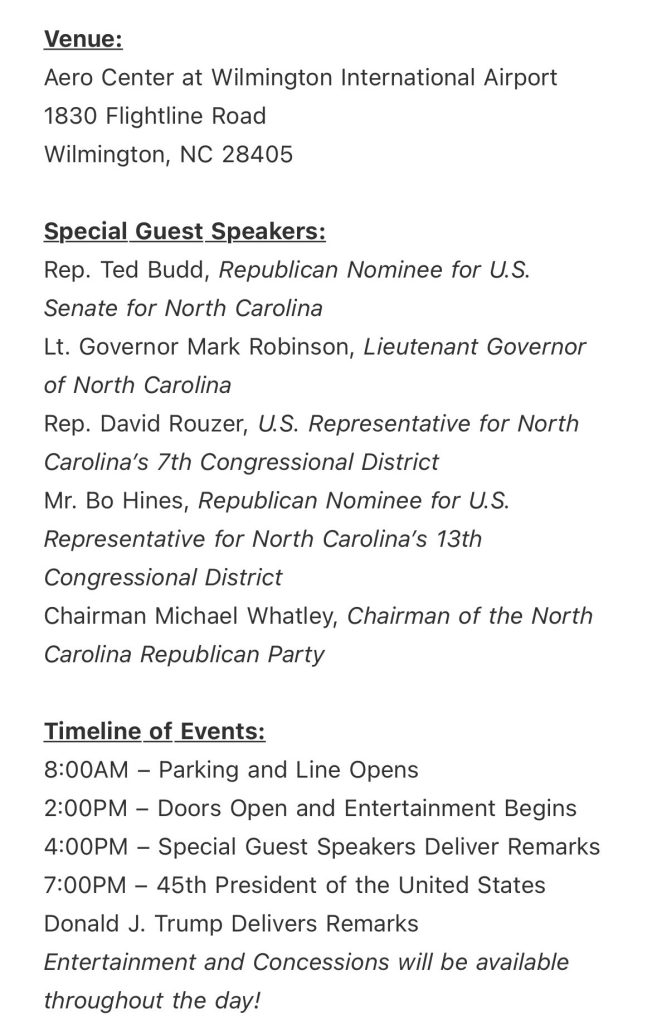
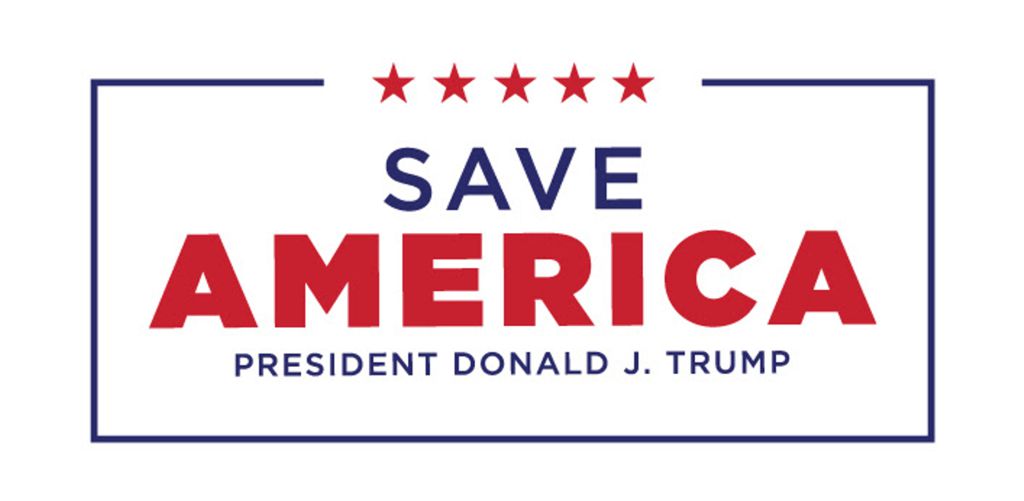
About Save America
Over the past four years, President Donald Trump’s administration delivered for Americans of all backgrounds like never before. Save America is about building on those accomplishments, supporting the brave conservatives who will define the future of the America First Movement, the future of our party, and the future of our beloved country. Save America is also about ensuring that we always keep America First, in our foreign and domestic policy. We take pride in our country, we teach the truth about our history, we celebrate our rich heritage and national traditions, and of course, we respect our great American Flag.
- We are committed to defending innocent life and to upholding the Judeo-Christian values of our founding.
- We believe in the promise of the Declaration of Independence, that we are all made EQUAL by our Creator, and that must all be TREATED equal under the law.
- We know that our rights do not come from government, they come from God, and no earthly force can ever take those rights away. That includes the right to religious liberty and the right to Keep and Bear Arms.
- We believe in rebuilding our previously depleted military and ending the endless wars our failed politicians of the past got us into for decades.
- We embrace free thought, we welcome robust debate, and we are not afraid to stand up to the oppressive dictates of political correctness.
- We know that the rule of law is the ultimate safeguard of our freedoms, and we affirm that the Constitution means exactly what it says AS WRITTEN.
- We support fair trade, low taxes, and fewer job-killing regulations, and we know that America must always have the most powerful military on the face of the Earth.
- We believe in Law and Order, and we believe that the men and women of law enforcement are HEROES who deserve our absolute support.
- We believe in FREE SPEECH and Fair Elections. We must ensure fair, honest, transparent, and secure elections going forward – where every LEGAL VOTE counts.
